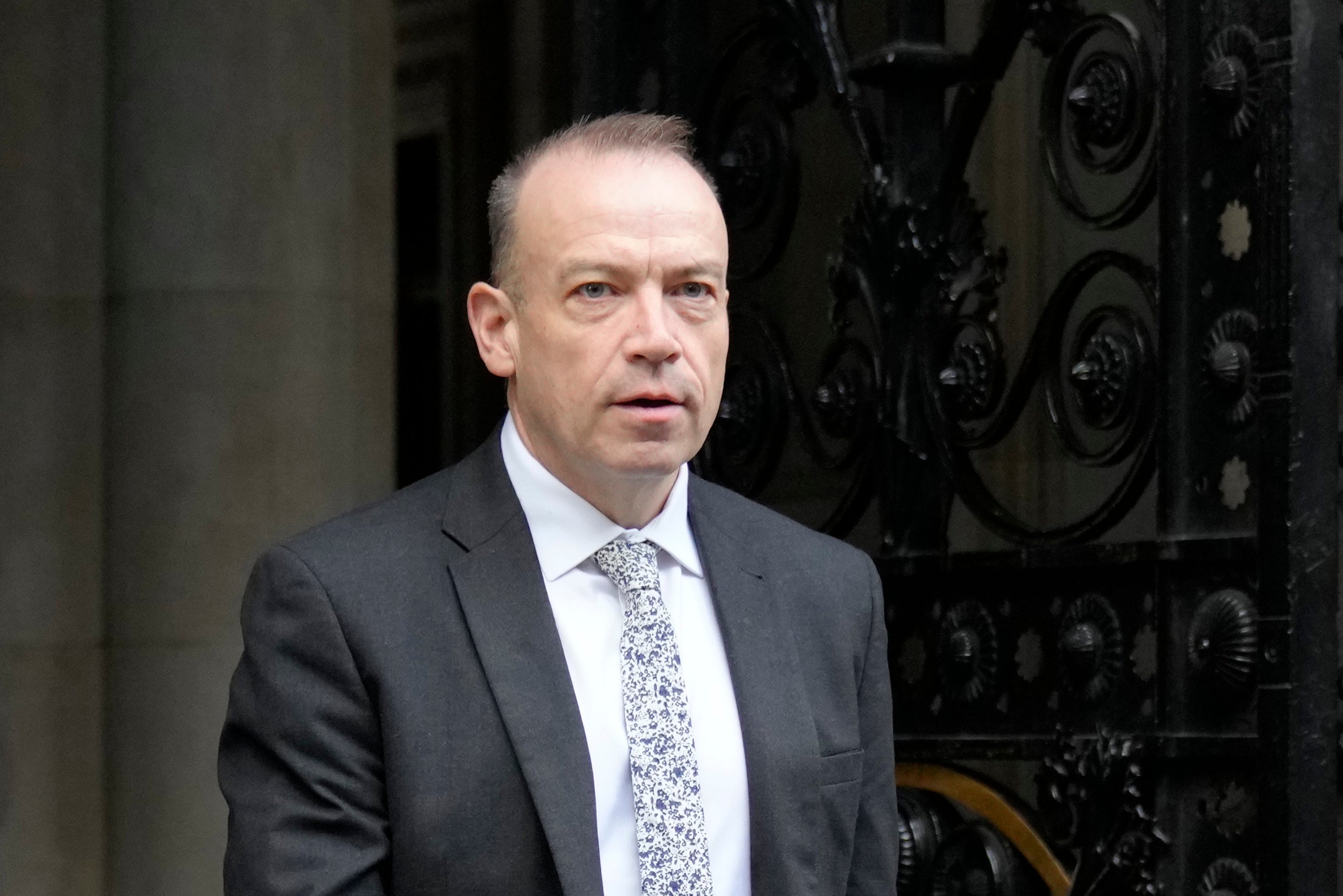Brexit crisis pushes N Ireland to brink of new election
Northern Ireland politicians are making a last-ditch attempt to break a political impasse triggered by Brexit that has stopped the formation of a functioning government in Belfast

Northern Ireland politicians will make a last-ditch attempt Thursday to break a political impasse triggered by Brexit that has stopped the formation of a functioning government in Belfast. If they fail, the U.K. government says it will call a new election for Northern Ireland on Friday.
Members of the Northern Ireland Assembly will meet to try to elect a speaker – the first step toward restoring a power-sharing government that has been on ice since a May election. The main British unionist body, the Democratic Unionist Party, says it will veto the move as part of its protest over post-Brexit customs checks.
If no executive is in place by early Friday, there will be an election, which could break the political deadlock but would definitely bring more uncertainty.
“I have consistently been clear that if the executive is not formed by October 28, I will call an election,” U.K. Northern Ireland Secretary Chris Heaton-Harris said. “Time is running out, and people in Northern Ireland deserve locally elected decision-makers and an executive who can respond to the issues facing people, families and communities across Northern Ireland during this challenging time.”
The crisis comes at a time of change in Northern Ireland, which has been led by Protestant unionists loyal to the United Kingdom since its formation in 1921. In May’s election, Sinn Fein — which seeks Northern Ireland's union with Ireland — became the largest party in the 90-seat assembly, entitled to the post of first minister. The DUP came second.
Northern Ireland is the only part of the U.K. that shares a border with an EU member – Ireland. When Britain left the bloc in 2020, the two sides agreed to keep the Irish border free of customs posts and other checks because an open border is a key pillar of the peace process that ended decades of violence in Northern Ireland. Instead, there are checks on some goods entering Northern Ireland from the rest of the U.K.
That solution has spiraled into a political crisis, with unionist politicians refusing to form a government because they see the checks as undermining their British identity and Northern Ireland’s place in the United Kingdom.
The DUP says the trade rules, known as the Northern Ireland Protocol, are destabilizing Northern Ireland’s peace agreement, which relies on support from both unionist and nationalist communities. While the DUP wants the protocol scrapped, most other parties in Northern Ireland want to keep it, with tweaks to ease the burden on businesses.
Earlier this year, the U.K. government of then-Prime Minister Boris Johnson introduced legislation to suspend the checks and rip up part of its legally binding Brexit treaty with the EU. The unilateral move brought legal action from the EU and the risk of an all-out trade war.
After Johnson’s departure last month, the U.K. refused to drop the treaty-breaching bill, which is going through Parliament. But Britain and the EU have also restarted talks on a negotiated solution. The appointment this week of Prime Minister Rishi Sunak has raised hope of a thaw in relations.
Sunak spoke Wednesday with European Commission President Ursula von der Leyen in what she said was a “very good” phone call. Sunak's office also struck a positive note, saying the two leaders “stressed the importance they both place on the relationship between the U.K. and EU, and on working together as friends and allies.”
Bookmark popover
Removed from bookmarks